A broad array of judges across ideological lines and judicial levels are expressing concerns about the trajectory of the Supreme Court and its implications for democracy.
These judges are increasingly vocal about the potential long-term effects on the judicial system and its governance.
Judge Tatel’s Departure
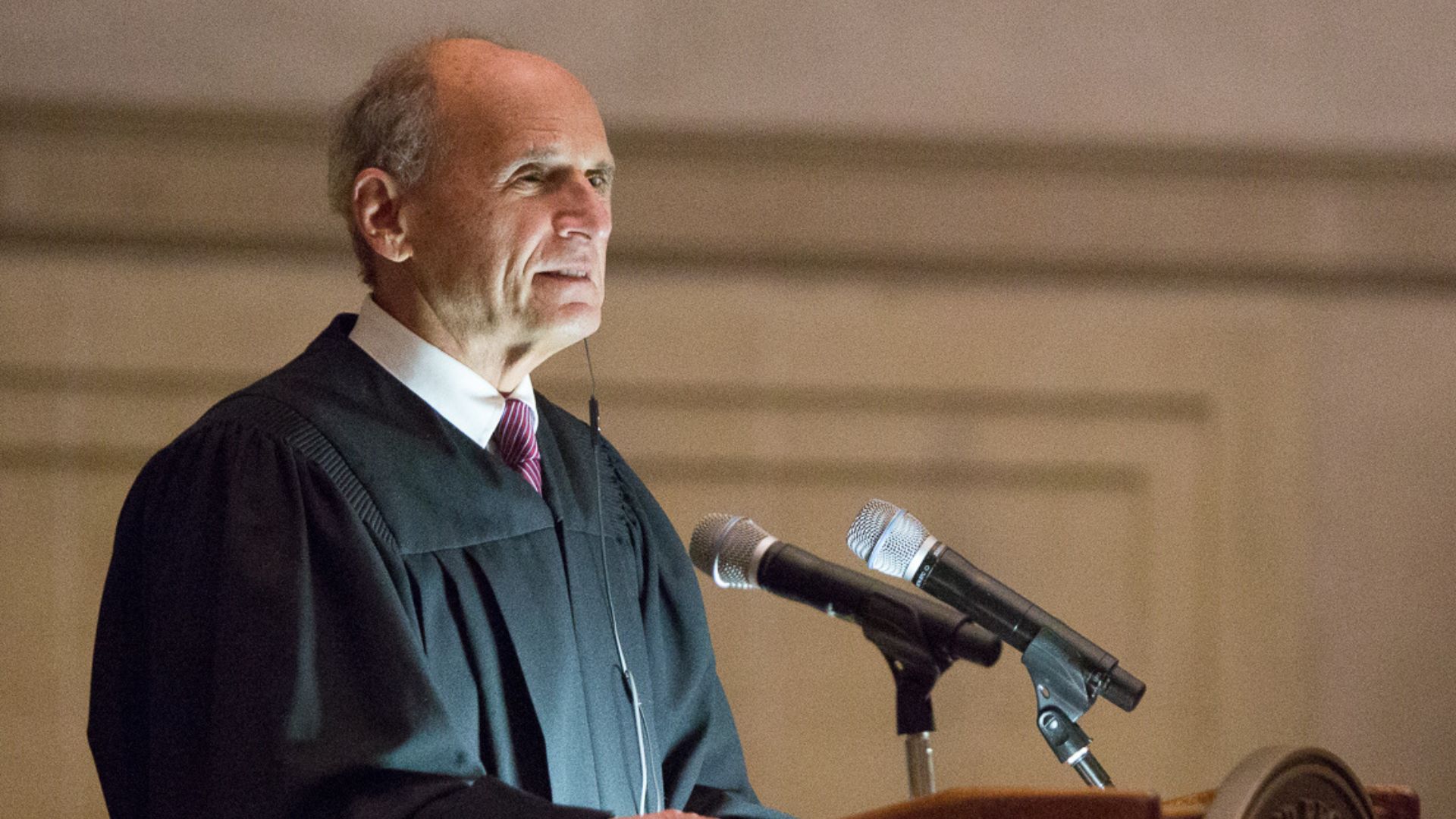
Retired Judge David S. Tatel explained in his memoir, “Vision: A Memoir of Blindness and Justice,” that his resignation was influenced by his dissatisfaction with the Supreme Court’s “low regard” for judicial principles.
This revelation highlights a growing discomfort among long-serving judges.
Outspoken Judicial Criticism
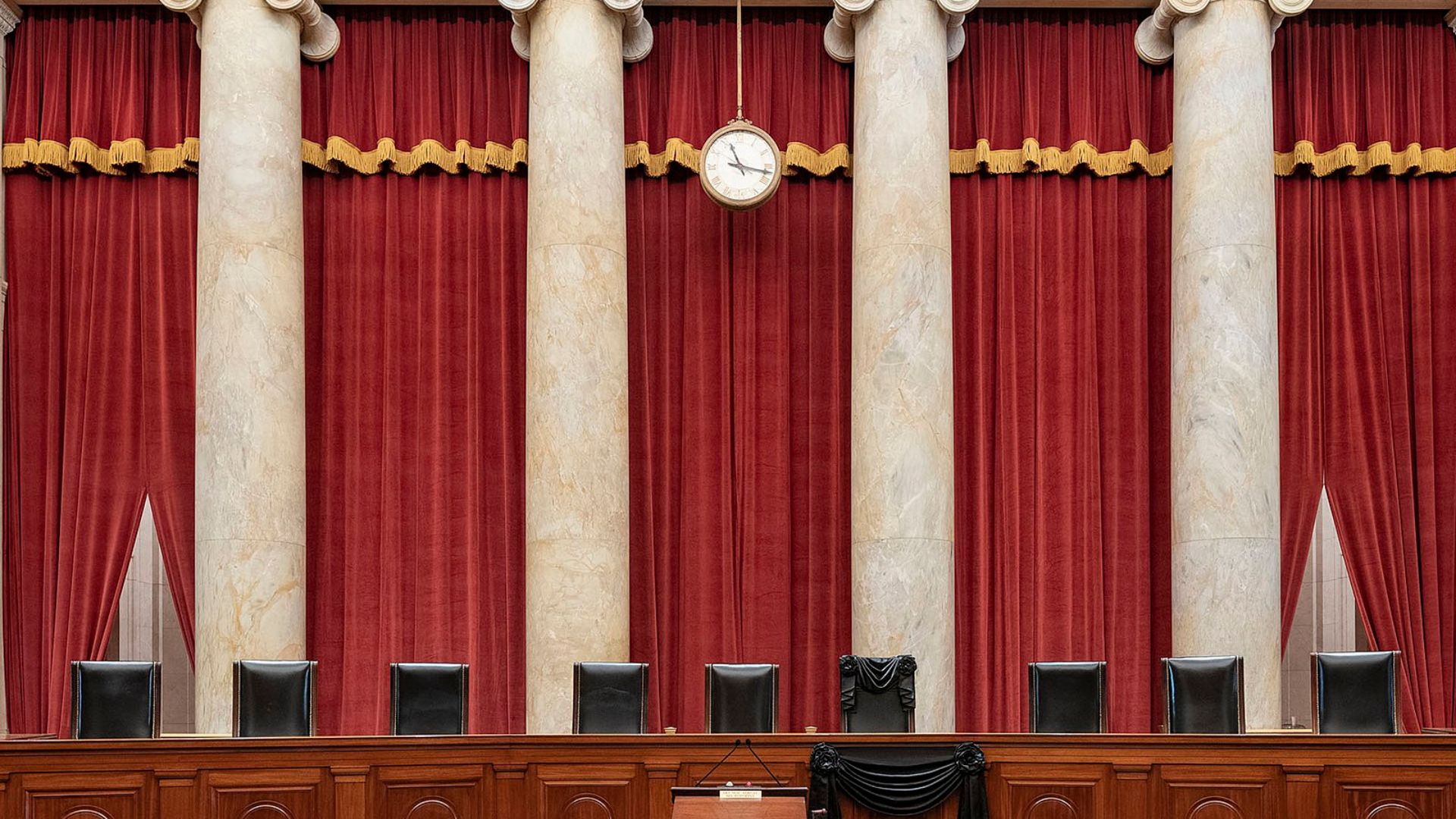
Judges Todd Eddins and Carlton Reeves have openly criticized the Supreme Court.
Eddins decried the justices for being “incredibly dishonest about how law and facts are cherry-picked,” while Reeves condemned the qualified immunity doctrine as “an unconstitutional error,” reflecting serious judicial concerns about current Supreme Court practices.
Rarity in Judicial Dissent
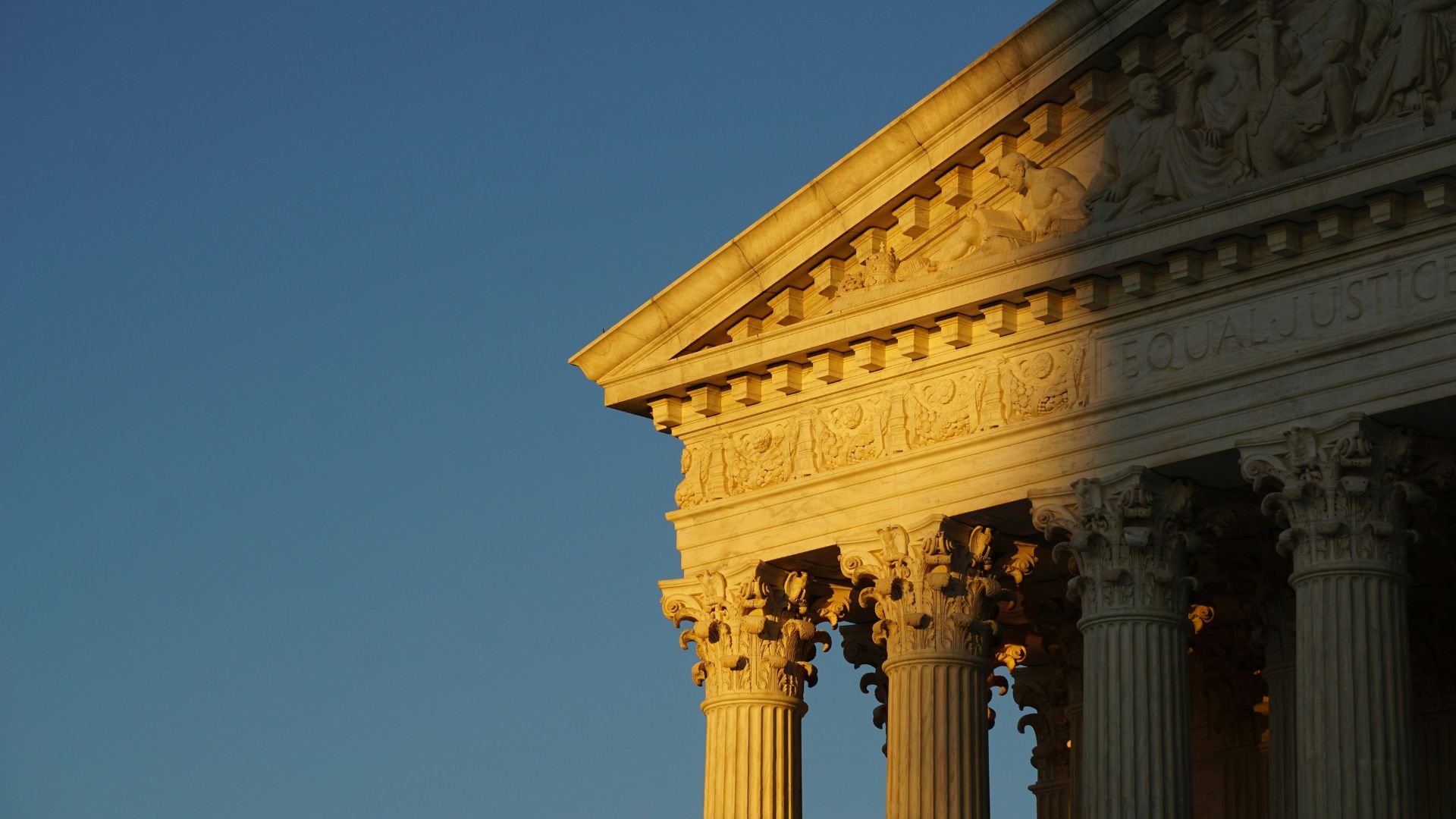
According to Jennifer Ahearn, senior counsel for the Brennan Center’s Judiciary Program, it is “pretty remarkable” that judges are choosing to speak out, as it is “unusual” for judges to comment outside of their official duties.
This indicates a significant shift in judicial behavior and a possible tipping point in judicial dissent.
Growing Polarization
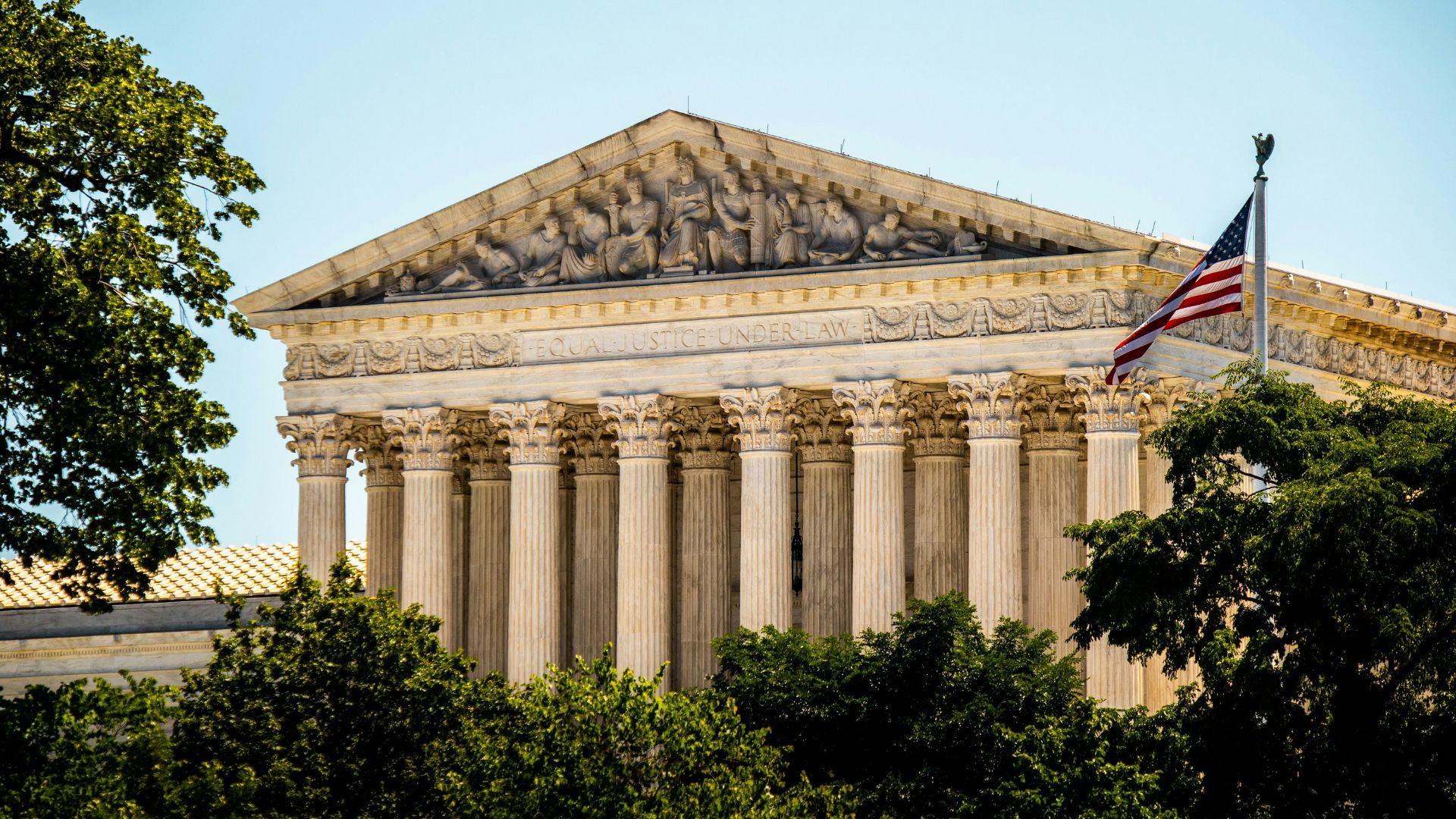
The criticisms reflect a growing dissatisfaction and polarization within the judiciary, exacerbated by the Supreme Court’s conservative supermajority, according to Alex Badas, an assistant professor at the University of Houston.
He noted that the previous balance of power has shifted, creating an environment where more judges feel compelled to speak out.
Conservative Response
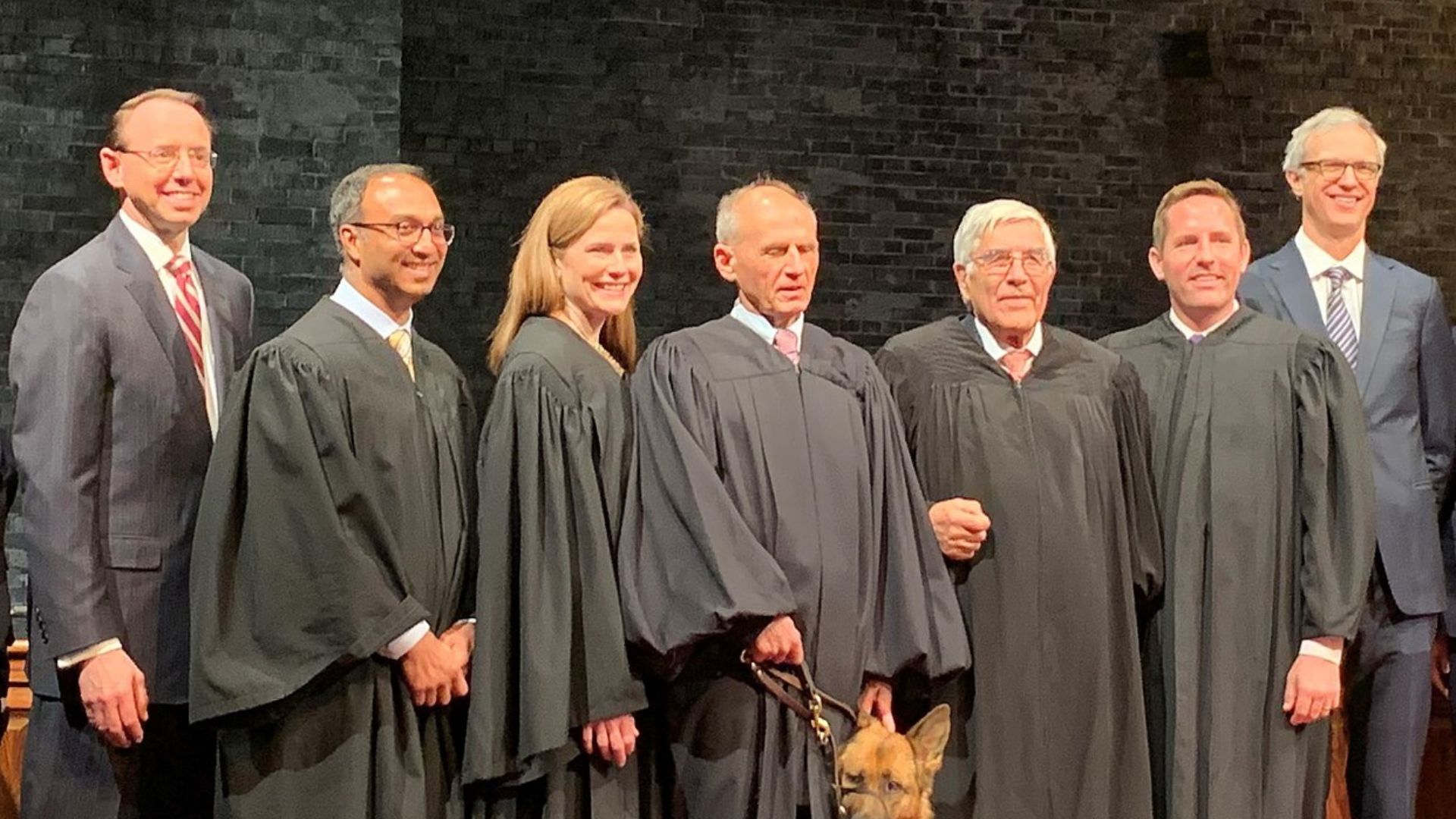
Critics from the conservative spectrum argue that the judicial dissent is a reaction to the outcomes of recent Supreme Court rulings, rather than the process itself.
However, judges like Tatel have emphasized that their concerns are with the judicial process: “It was another to be bound by the decision of an Institution I barely recognized,” Tatel stated in his memoir.
Broad Criticism
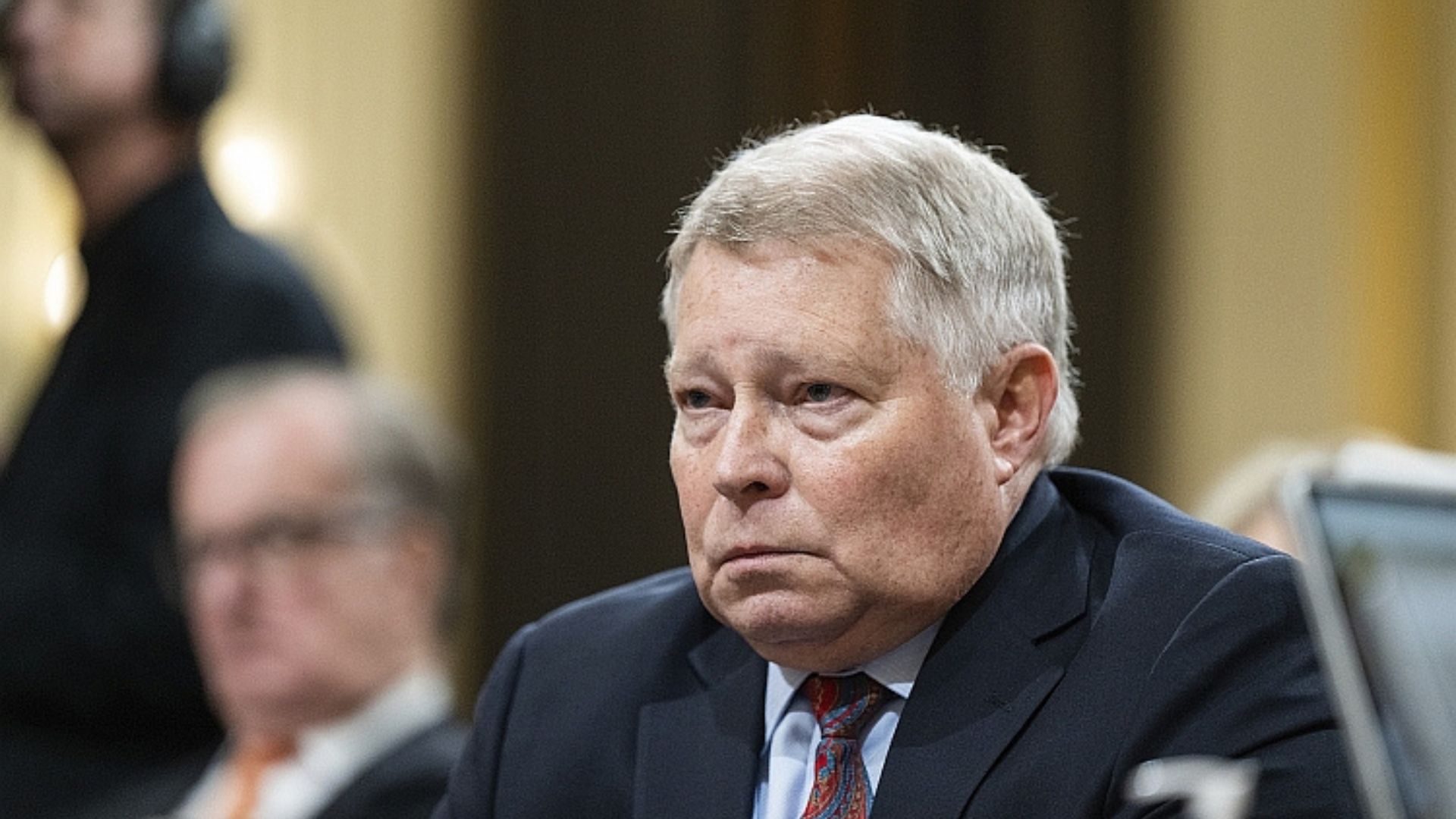
Criticism is not limited to liberal judges; conservative figures like retired Judge J. Michael Luttig have also voiced concerns.
Luttig criticized the Supreme Court for its interpretation of the Fourteenth Amendment in Trump v. Anderson, describing it as a “grave disservice to the Constitution and the nation.”
Ethical Concerns
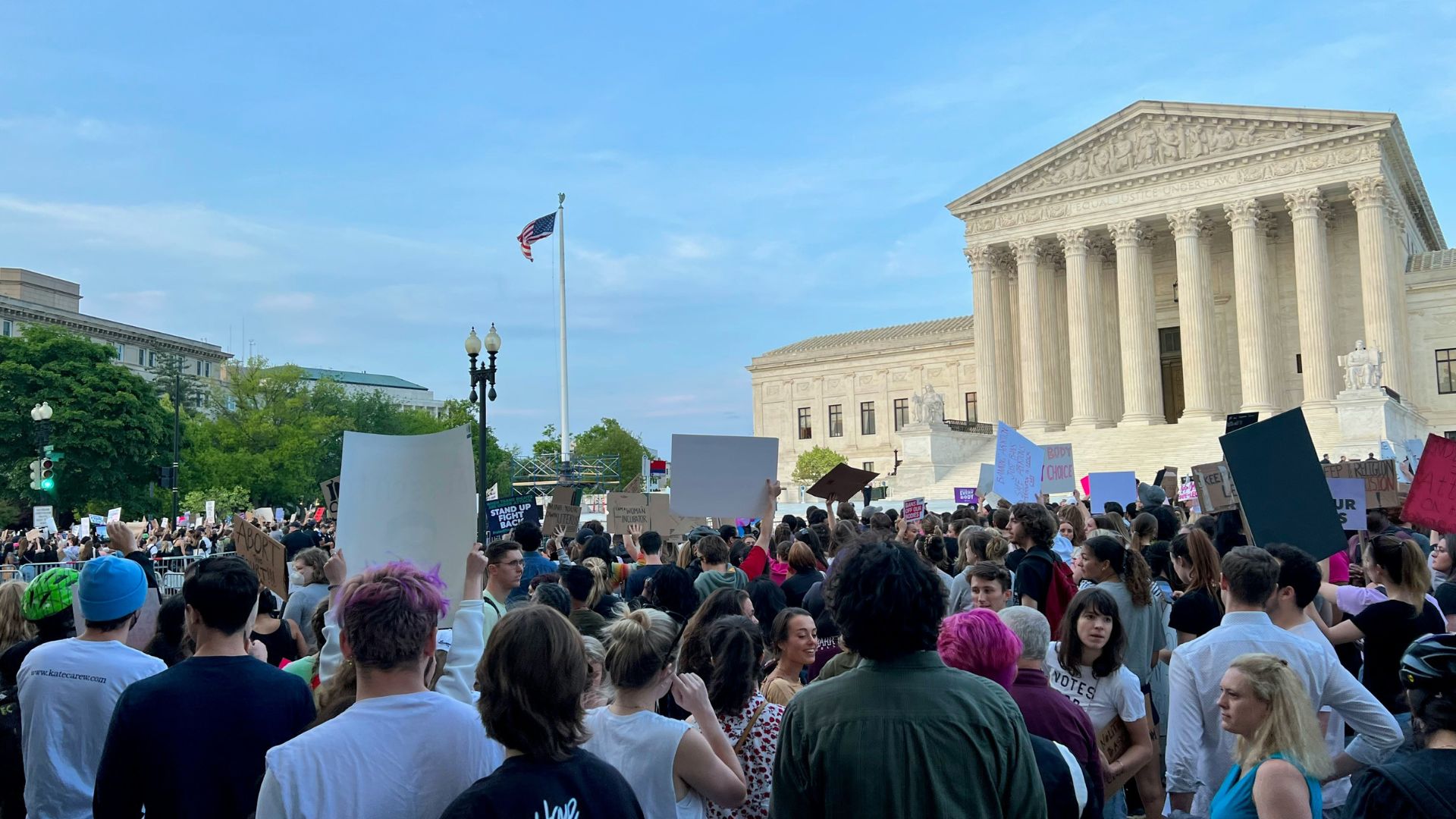
Recent ethical controversies involving Supreme Court justices have intensified calls for stricter ethical standards.
These controversies have led to a significant public and professional backlash, demanding more transparency and adherence to ethical norms within the highest court.
Presidential Immunity
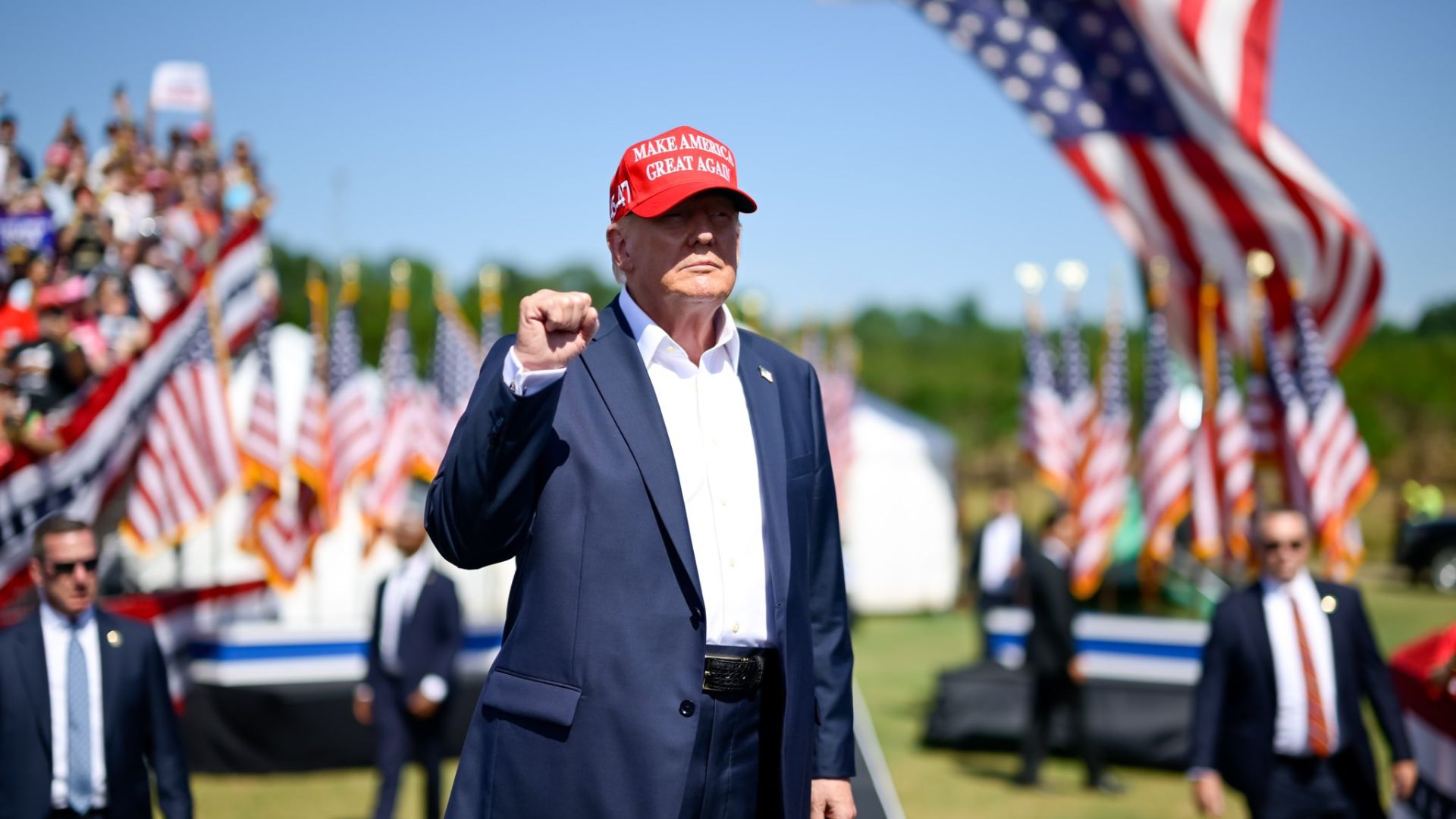
The Supreme Court has received heavy criticism regarding a ruling that has ramifications regarding former President Trump’s potential legal liability over the January 6 2021 insurrection attempt.
In a 6-3 decision on Trump’s claims of immunity regarding allegations he attempted to overturn the results of the 2020 election, the Supreme Court has vastly expanded the scope of Presidential immunity.
“Presumptive Immunity”
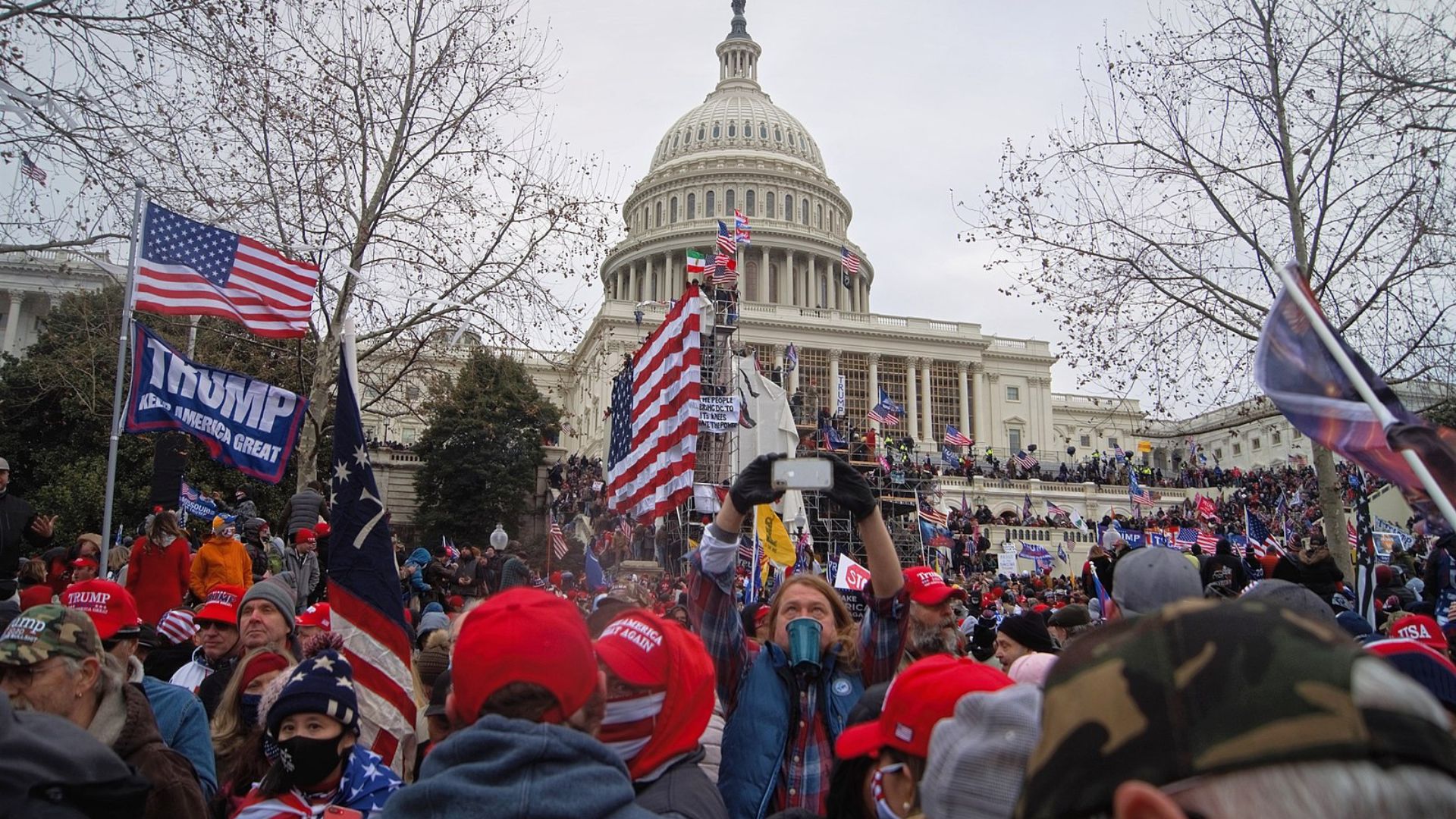
The ruling argues that a President cannot face criminal prosecution for exercising their core constitutional duties and that the Commander in Chief has “presumed immunity” for any “official” acts.
This ruling gives former President Trump absolute immunity for any “official acts” he carried out as President, which could see him free from facing any consequences for the January 6 insurrection, regardless of the outcome of November’s election.
Protecting a Convicted Felon
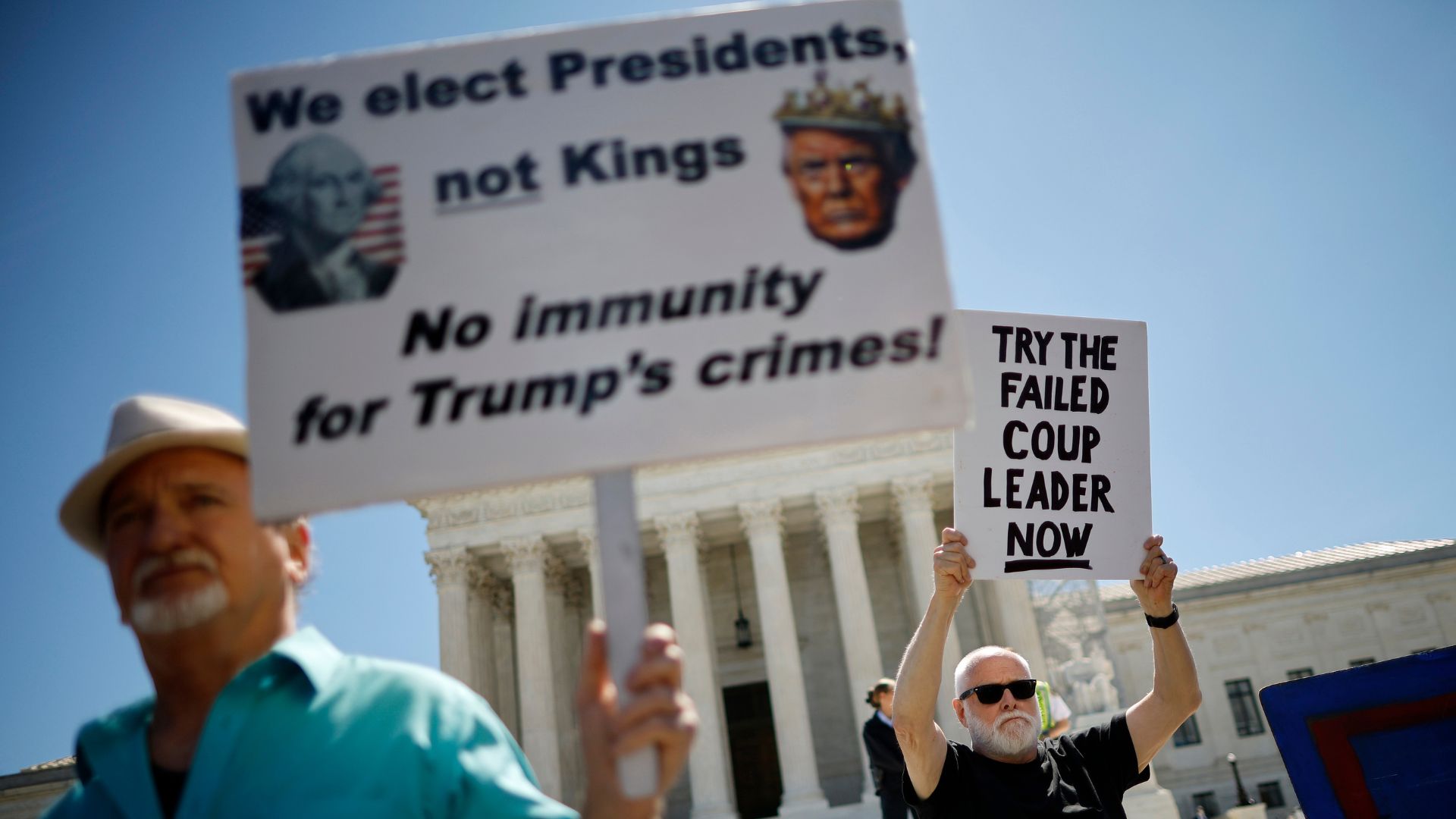
This ruling could not have come at a worse time for a Supreme Court that is already facing an erosion of public confidence.
Seemingly in an attempt to completely dismantle all public trust in them, the Supreme Court grants this sweeping immunity to Trump mere weeks after he became the first former President to be convicted of felony crimes when a New York jury found him guilty on 34 charges in a hush money scheme to influence the 2016 election.
Effects of the Supreme Court Ruling Already Being Felt
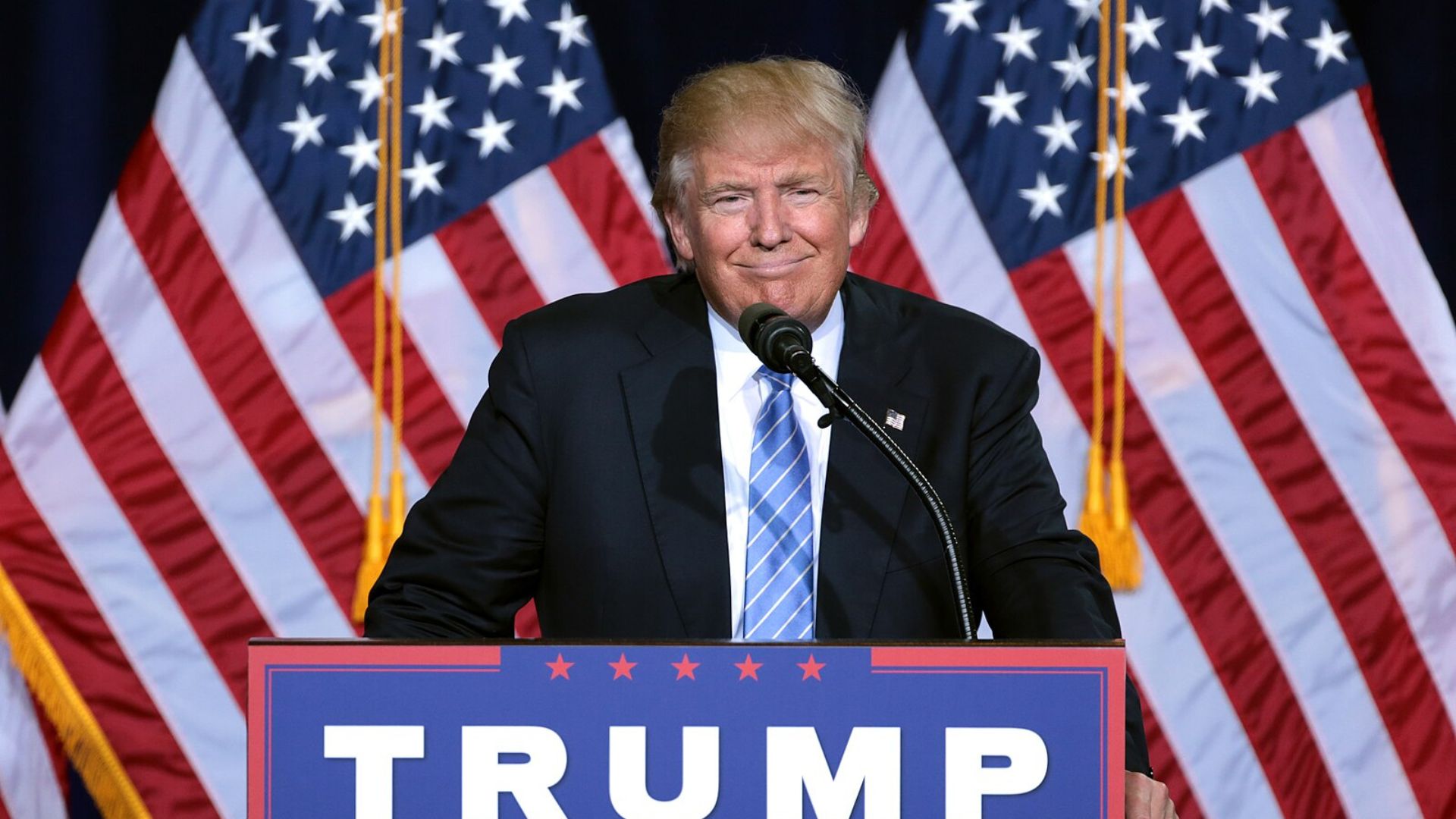
One of the more terrifying aspects of this Supreme Court ruling are the potential implications it might have for future Presidents occupying the office free of legal culpability.
But beyond these hypotheticals, the effects of the ruling have already had a more immediate impact — Trump’s sentencing in the hush money case has been delayed.
Sentencing Delay
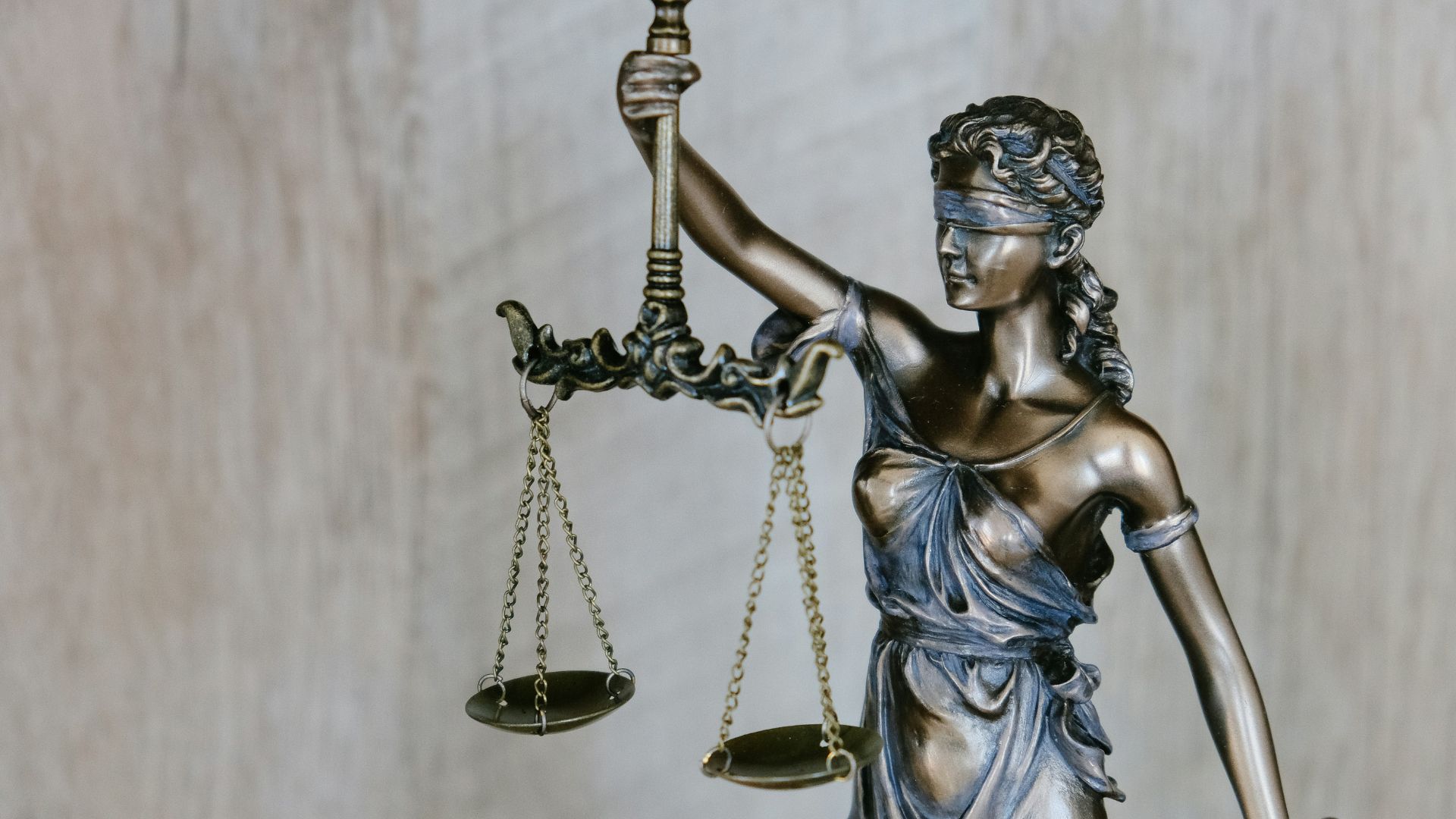
Trump was originally slated to face sentencing in his hush-money case on 11 July; sentencing will now be delayed until September.
It’s probably more accurate to say sentencing will be delayed until September, if it takes place at all. The Supreme Court ruling has given Trump a potential way of avoiding the consequences of his felony convictions altogether.
Challenging the New York Ruling
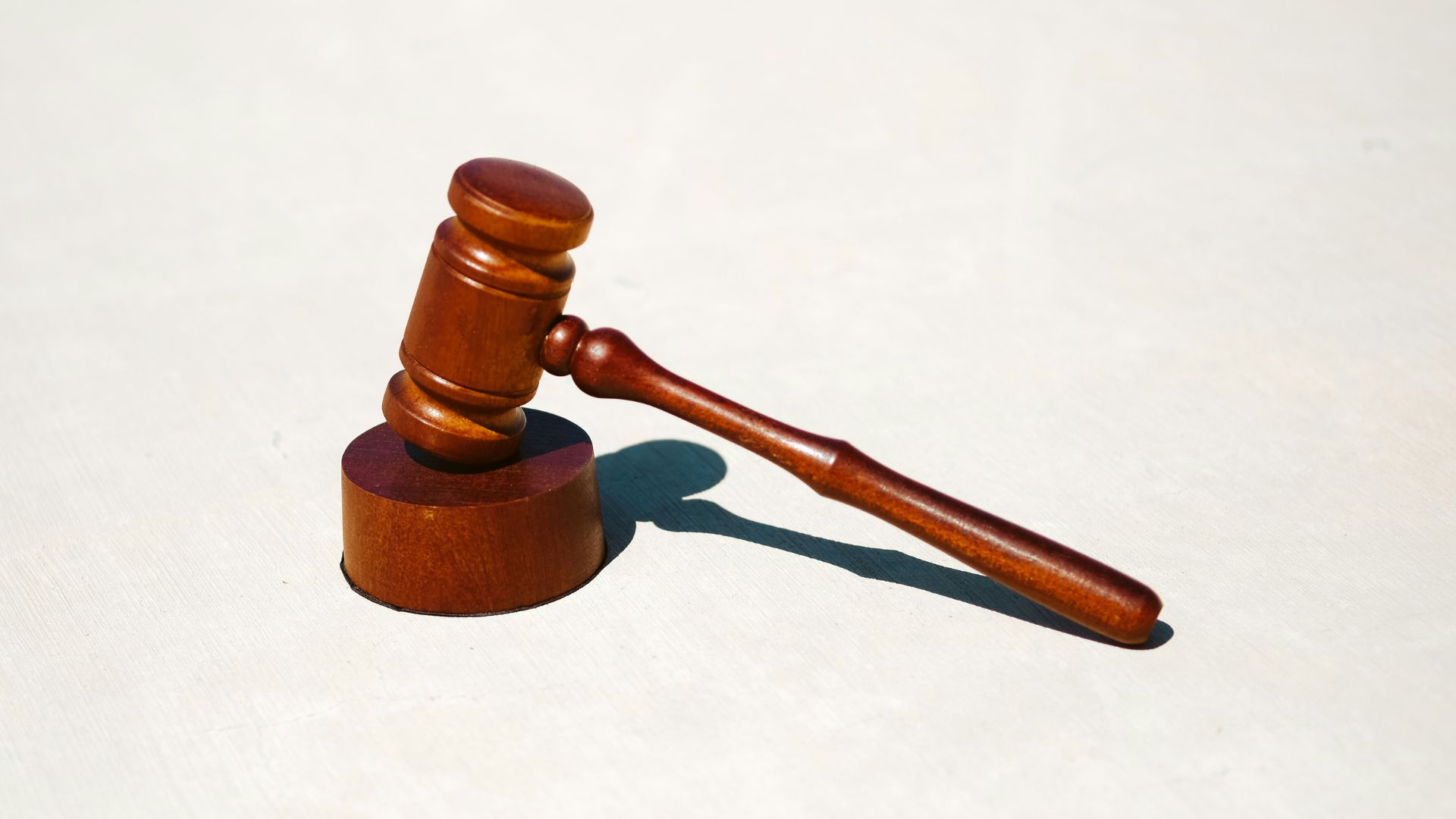
Trump’s lawyers will now look to challenge his convictions in the hush money case, following this Supreme Court ruling.
Citing the new immunity outlined by the Supreme Court, his legal team will look to have Trump’s convictions overturned, though it’s hard to see how hush money paid to an adult film star would constitute an “official” presidential act. Nevertheless, a decision on the motions will be issued on 6 September, pushing potential sentencing back to 18 September.
What is an “Official” Act
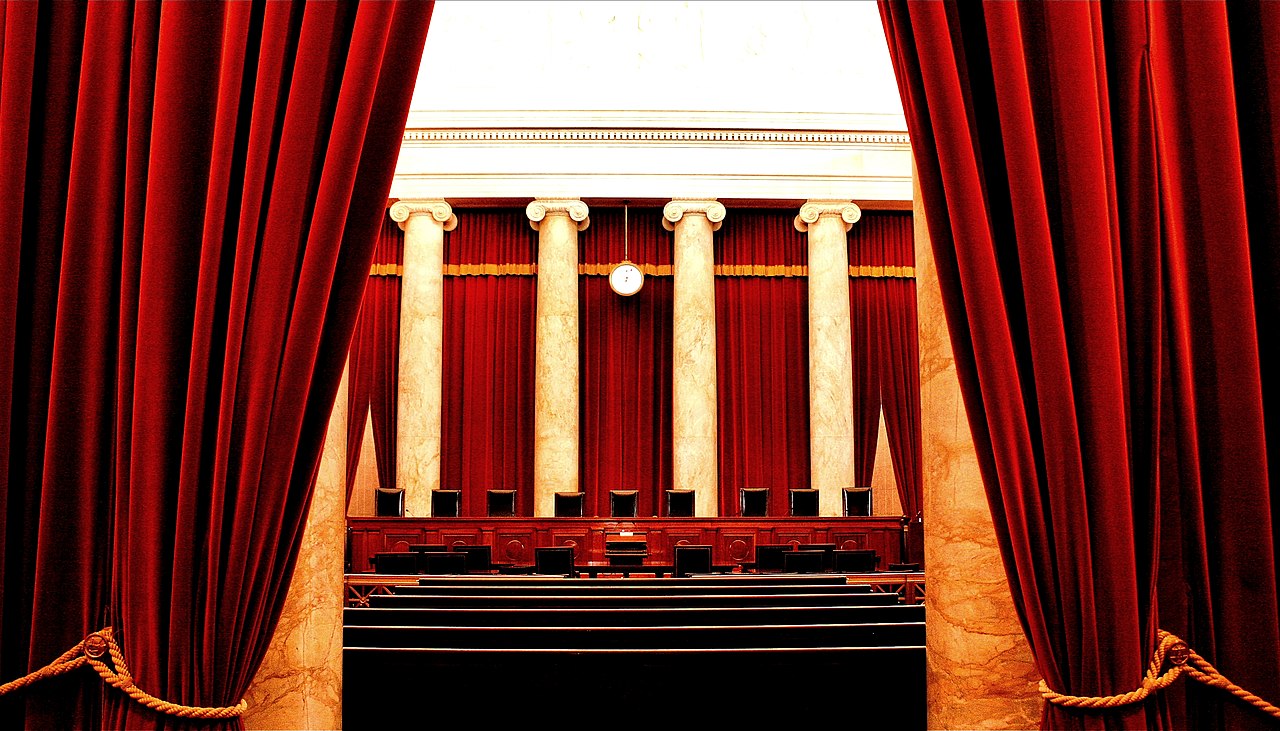
The Supreme Court was careful to note that a President has no immunity from conviction for “unofficial” acts. But who decides what constitutes an “official” act?
This will be for the lower courts to decide, though one has to think they’ll take a steer from the Supreme Court. As legal pundit Asha Rangappa noted, by saying official presidential acts are above the law, the Supreme Court “has made itself the ultimate umpire of what is ‘official’ or ‘not official,’ thereby giving itself power to determine which prosecutions are warranted and which aren’t. Basically, they’ve made themselves, not POTUS, the kings here”.
Supreme Court Power Grab
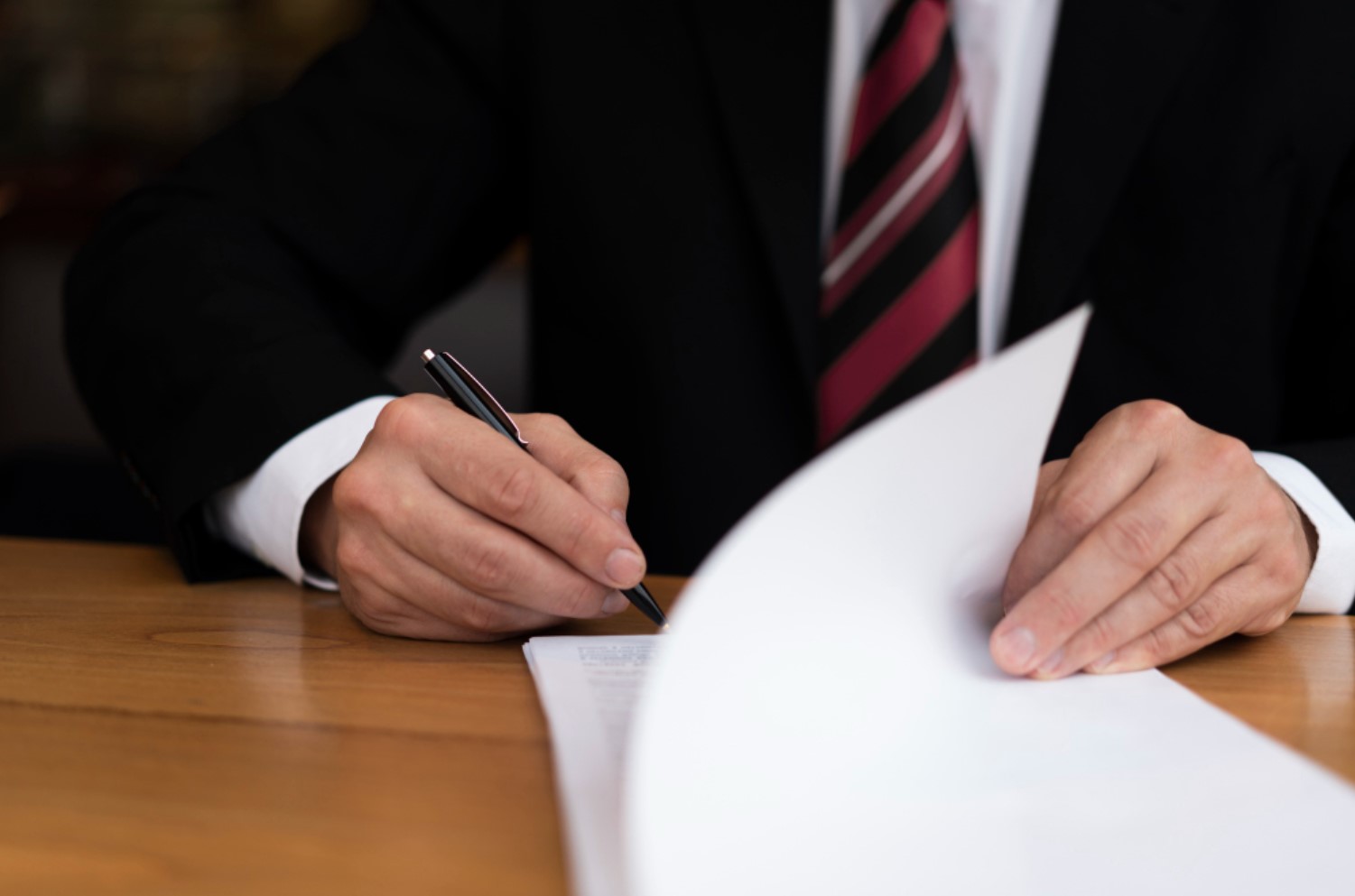
There are legal and political commentators who see this move, along with other recent Supreme Court rulings, as nothing short of a power grab.
The Supreme Court recently overruled the 1984 case Chevron v Natural Resources Defense Council, which instructed the judiciary to defer to the president when determining how best to enforce laws passed by Congress.
An Affront to the Constitution
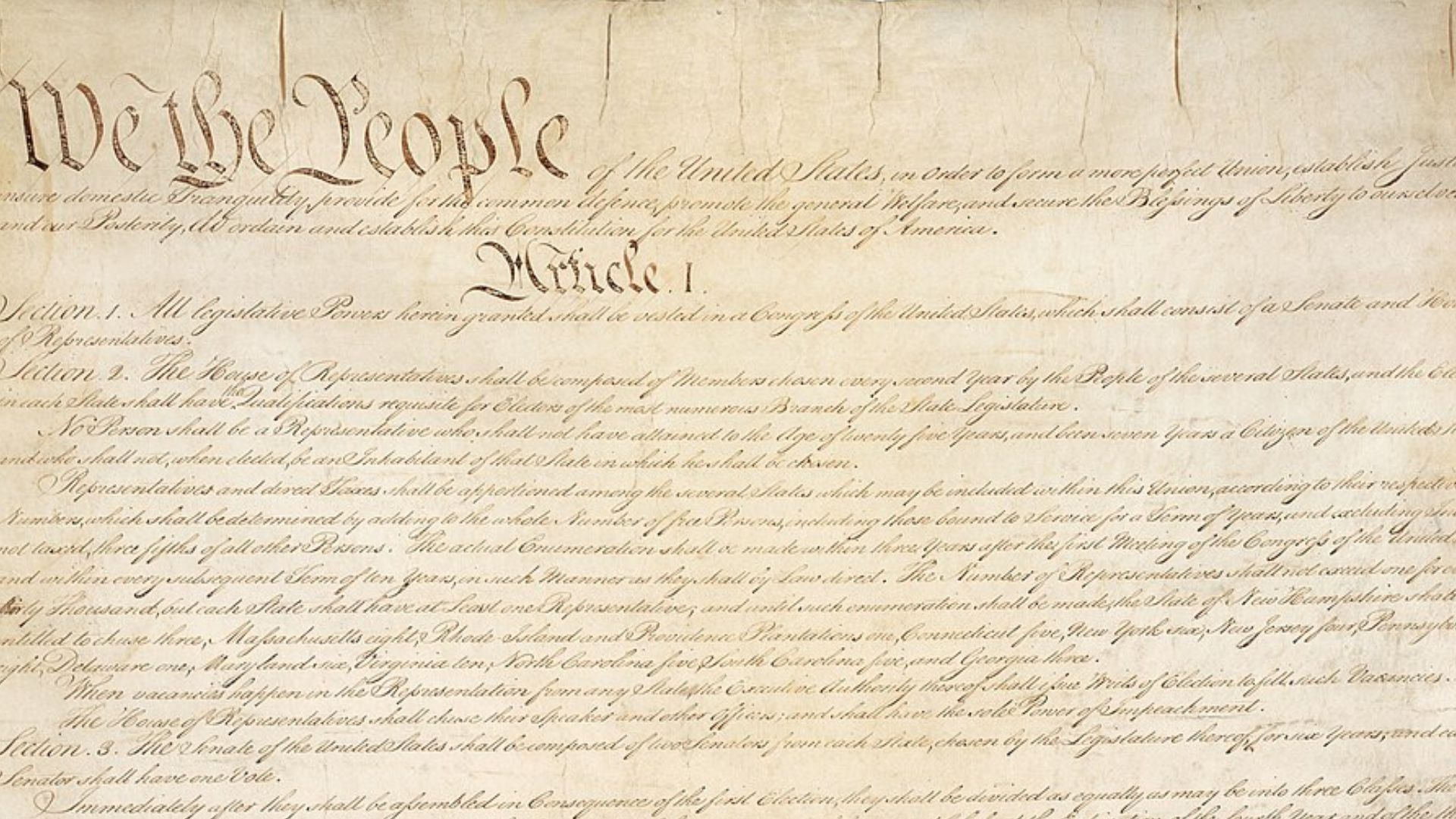
This move marks a huge shift in terms of how laws are enforced in the United States. Nation legal correspondent Elie Mystal described it as “the biggest judicial power grab since 1803”.
In Mystal’s words, the Supreme Court has given itself “nearly unlimited power over the administrative state and its regulatory agencies. The US Constitution, flawed though it is, has already answered the question of who gets to decide how to enforce our laws. The Constitution says, quite clearly, that Congress passes laws and the president enforces them. The Supreme Court, constitutionally speaking, has no role”. Well, it seems it does now.
Fighting Back against the Supreme Court
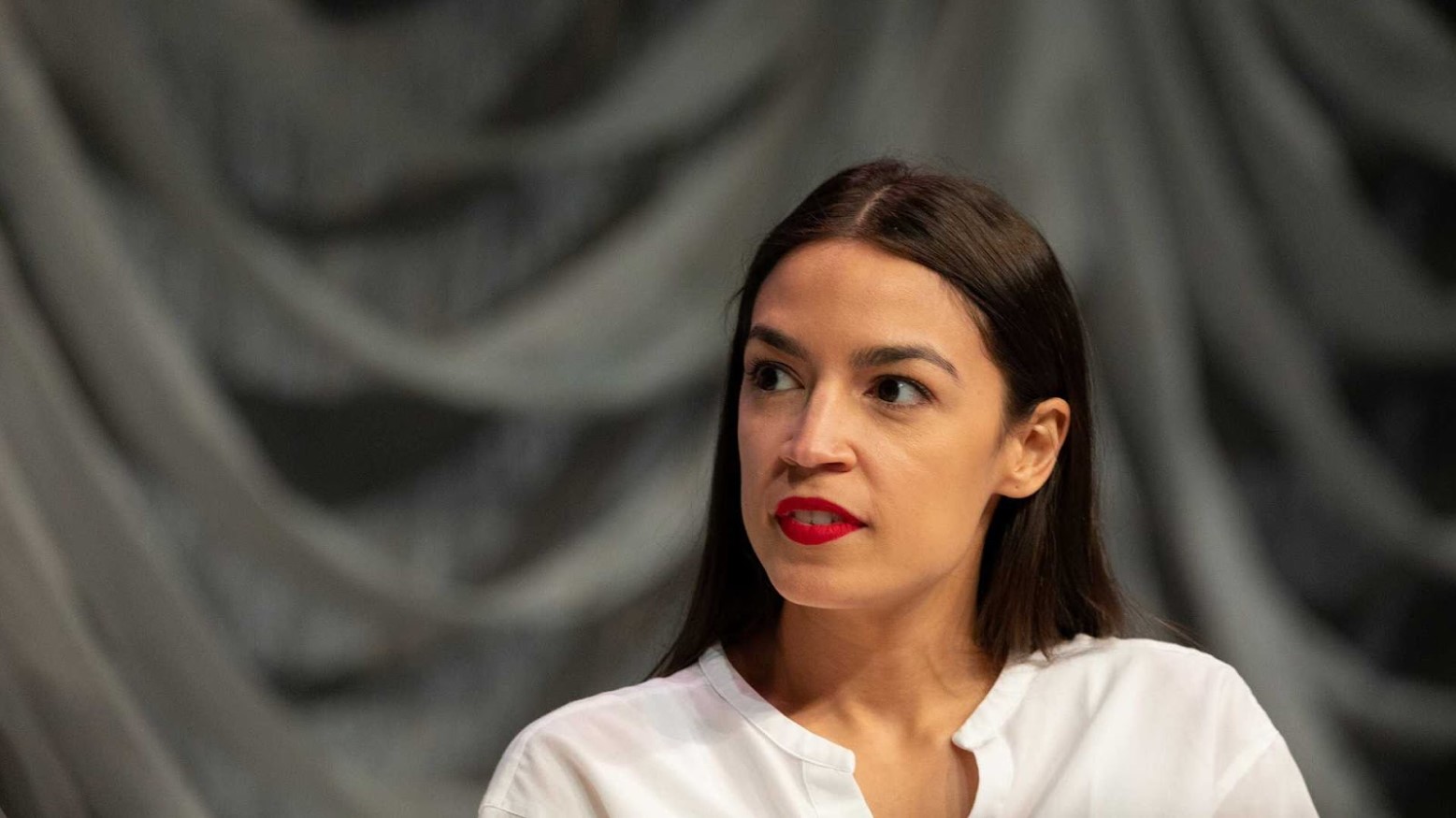
Many people are simply stunned by the recent Supreme Court rulings, particularly the ruling regarding presidential immunity for “official” acts. But others are being proactive in pushing back against a Supreme Court that seems to be overstepping.
One such actor is Alexandria Ocasio-Cortez, who has made clear her intention to introduce legislation that would make it possible to impeach some Supreme Court justices.
Congressional Investigation
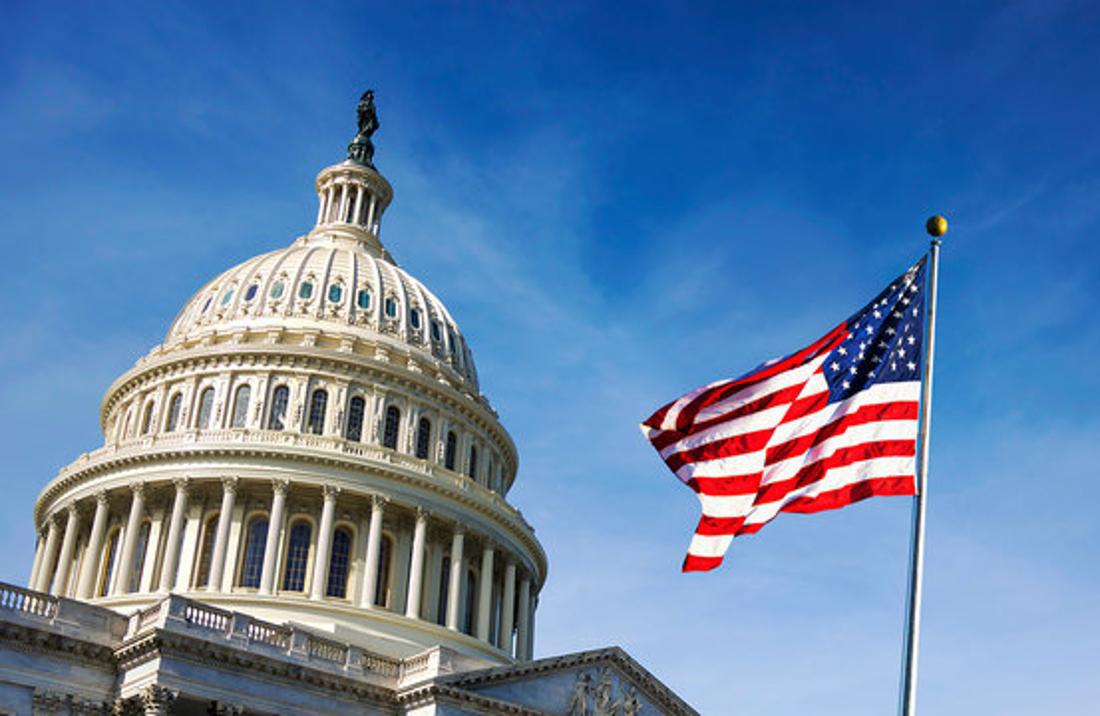
AOC isn’t alone in her desire to fight back against the Supreme Court. She may have support from others in Congress.
Rhode Island Democrat Sheldon Whitehouse has long made his skepticism of the Supreme Court known, being one of the few members of Congress to consistently raise the alarm on Supreme Court corruption and continue to push for a massive investigation of the Supreme Court.
Declining Public Trust
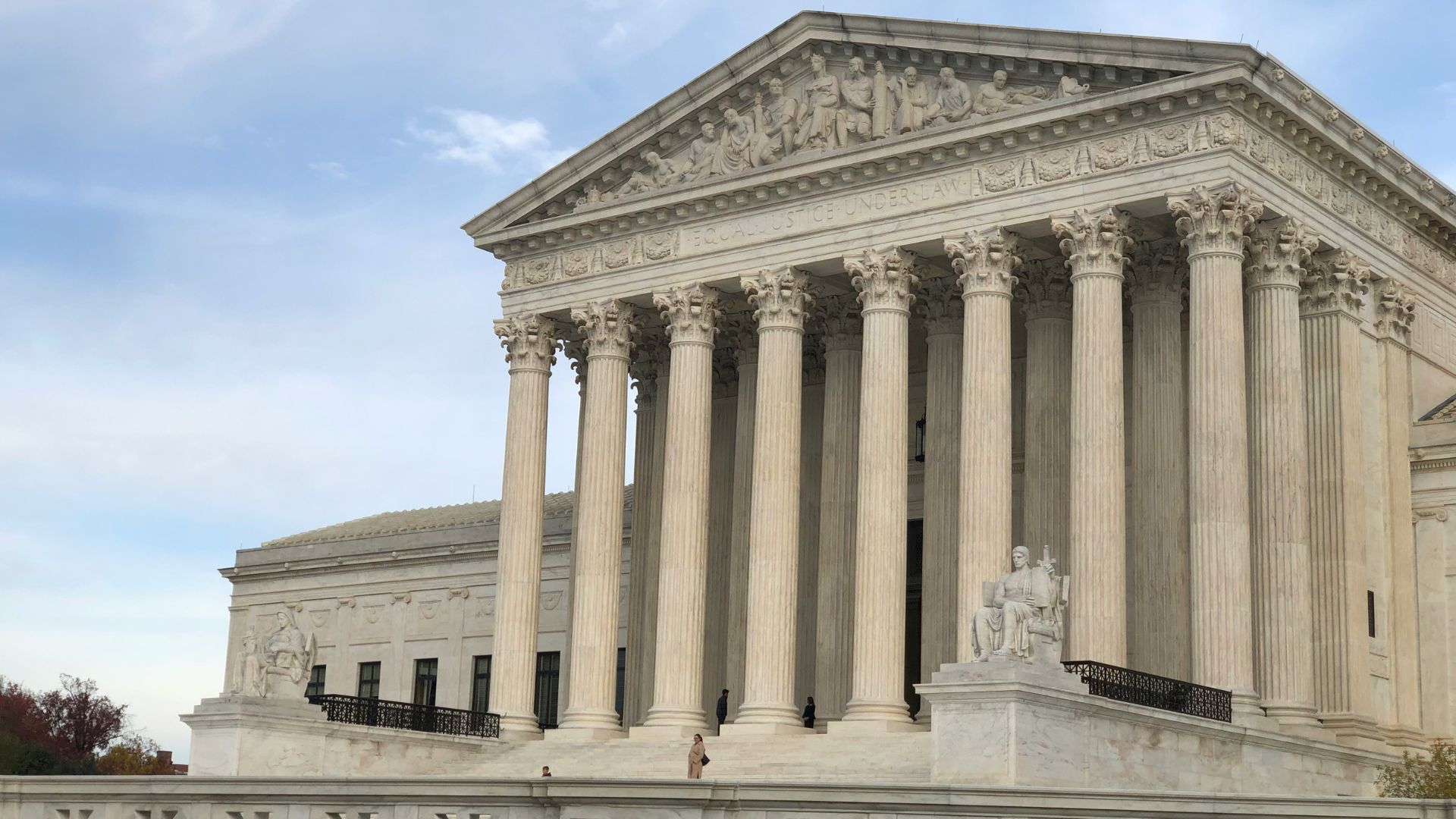
Public trust in the Supreme Court is at an all-time low, with only 41% of U.S. adults approving of how the court is handling its job.
This steep decline in approval ratings reflects broader public discontent with the direction of the court’s decisions and its perceived political biases.
The Court’s Political Challenges
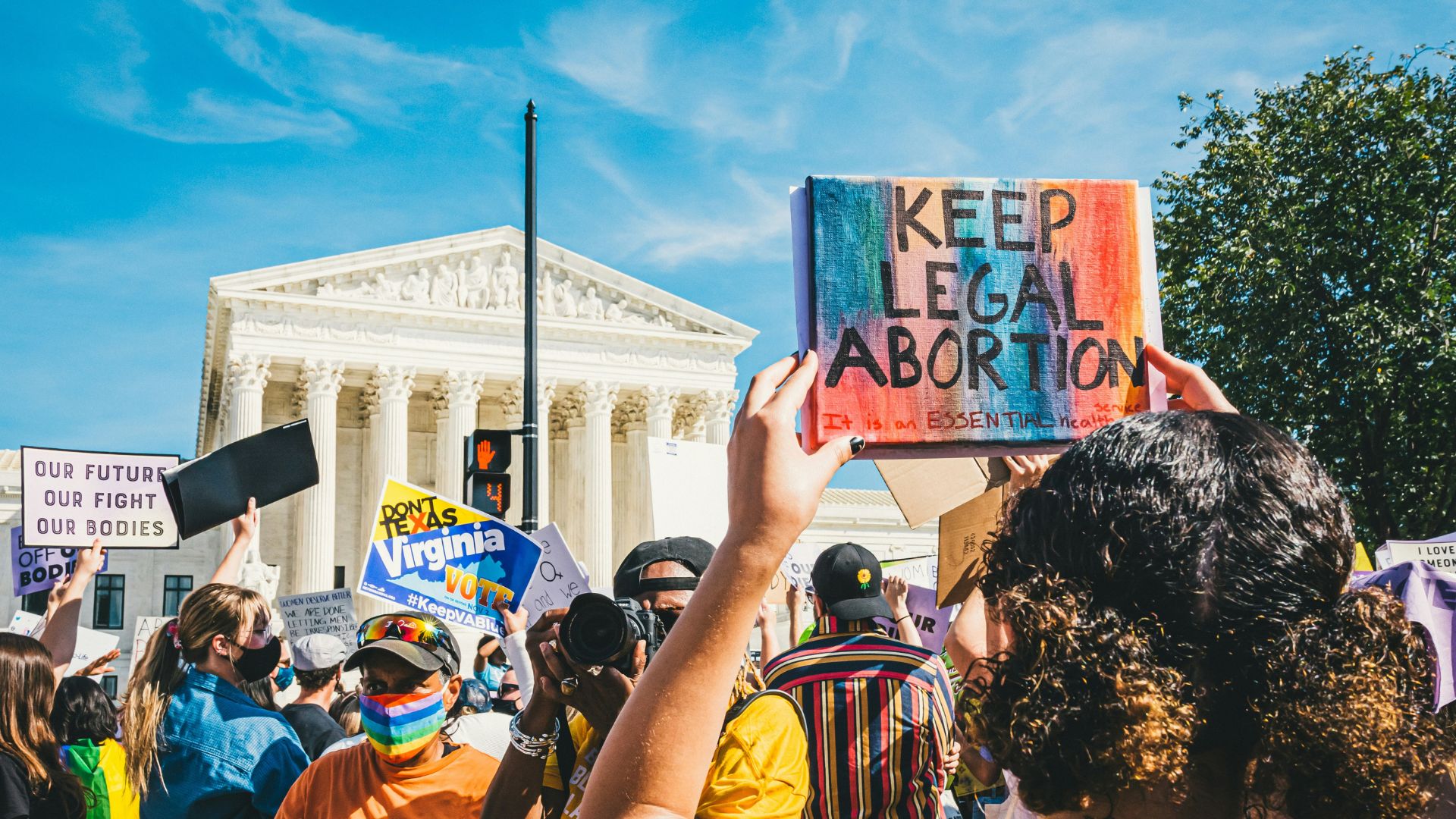
The involvement of the Supreme Court in politically sensitive issues has been suggested as a reason for its decreasing popularity.
The court’s decisions on such matters appear to have aligned more with political ideologies, thereby impacting its public perception as an impartial judicial body.
A Political Battlefield
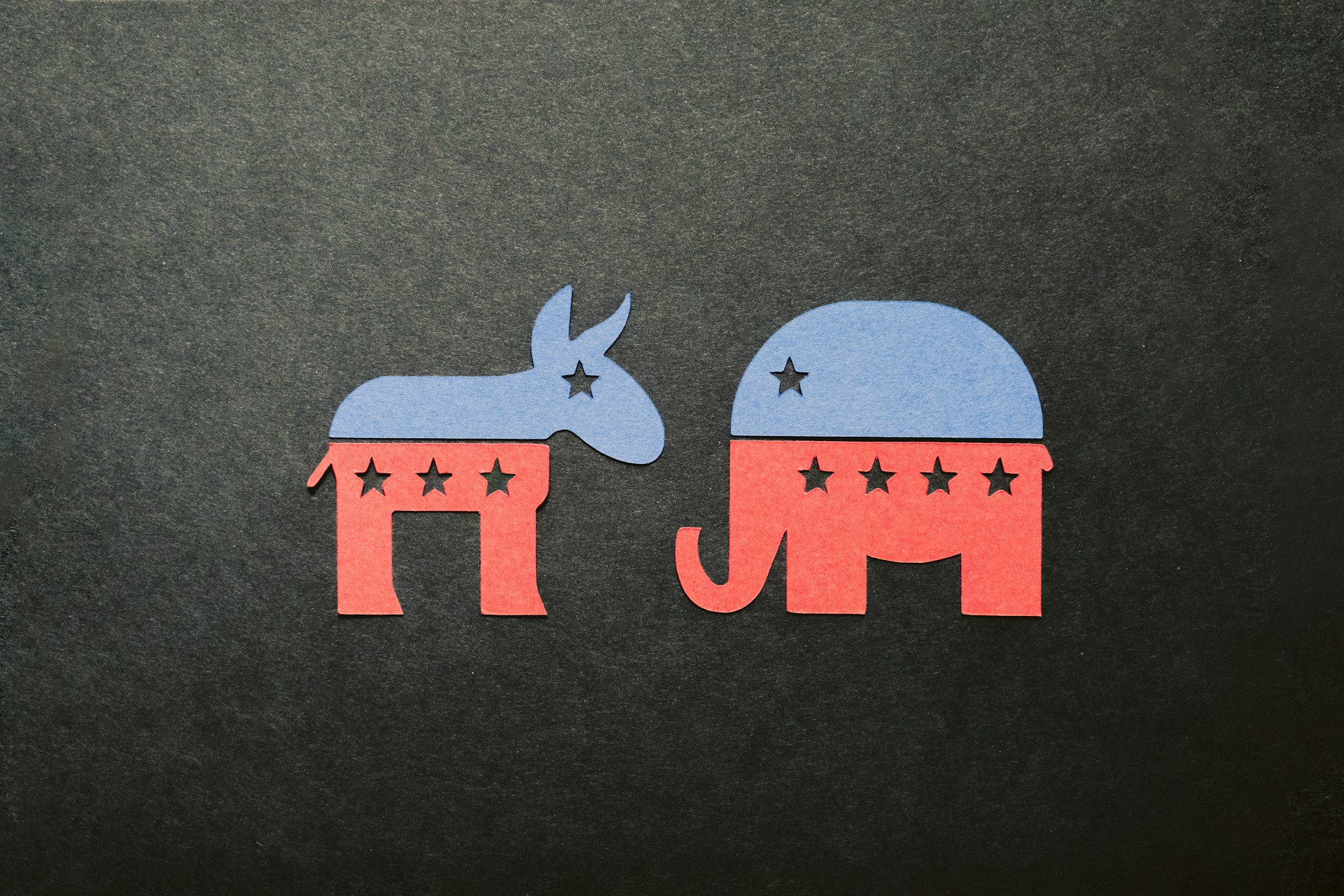
The Supreme Court’s role in American life, and just how much it’s influenced by political partisanship, seems to be changing.
The Supreme Court is the nation’s keeper of law, but recent examples of exactly how they’ve exercised this power shows why Supreme Court appointments are among the most important decisions a president can make. In just two years, this conservative-majority Supreme Court has ended the constitutional right to abortion, struck down a ban on federal “bump stock” devices for guns, and overturned decades-old affirmative action policies.
Influence on Elections
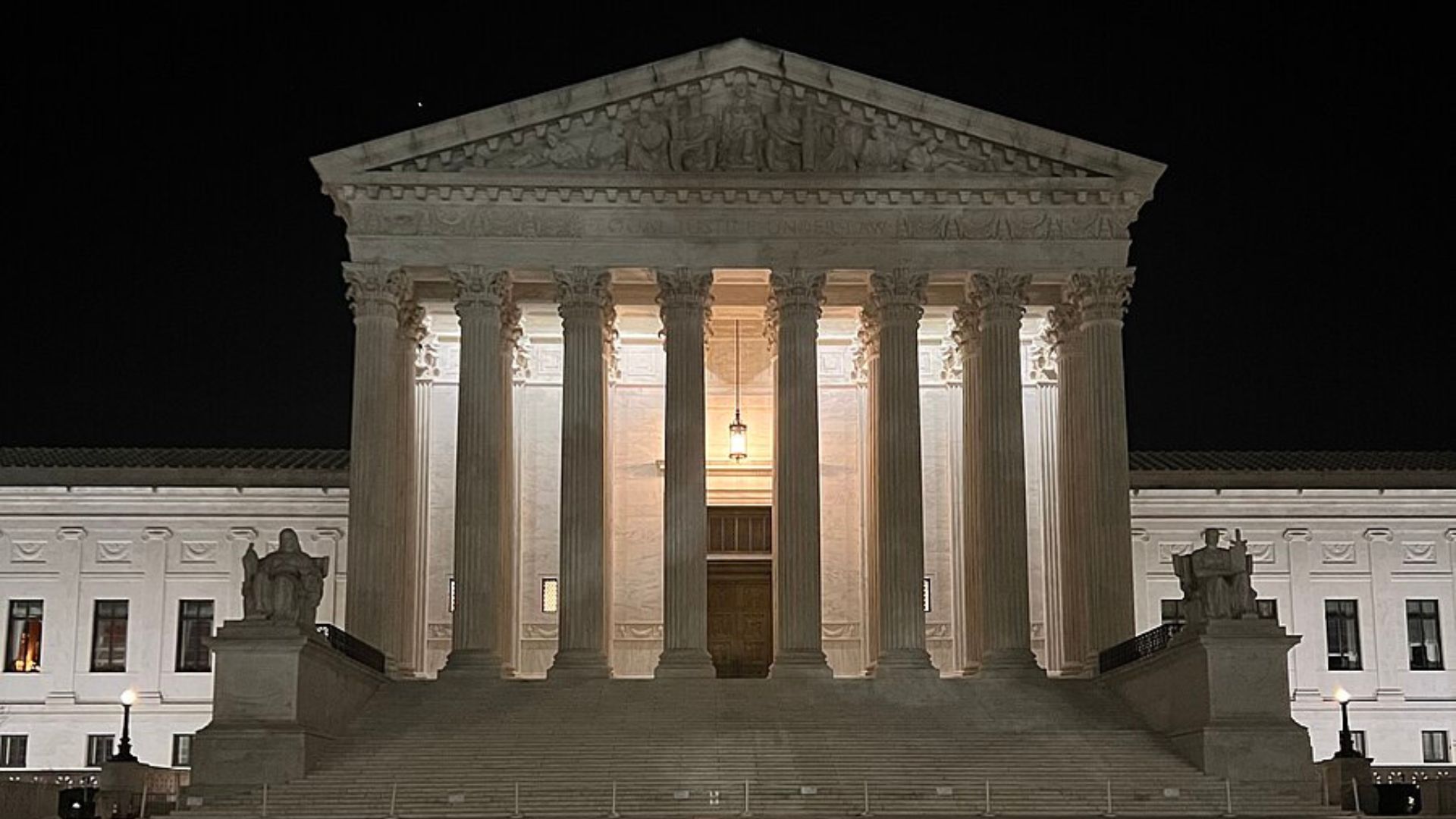
The Supreme Court’s influence on the upcoming 2024 election is being highlighted by presidential candidates, emphasizing its significant role in shaping future policies and its impact on American governance.
This focus suggests the court’s decisions are increasingly seen through a political lens by both the public and political leaders.
Judicial Concerns Reflect Broader Issues
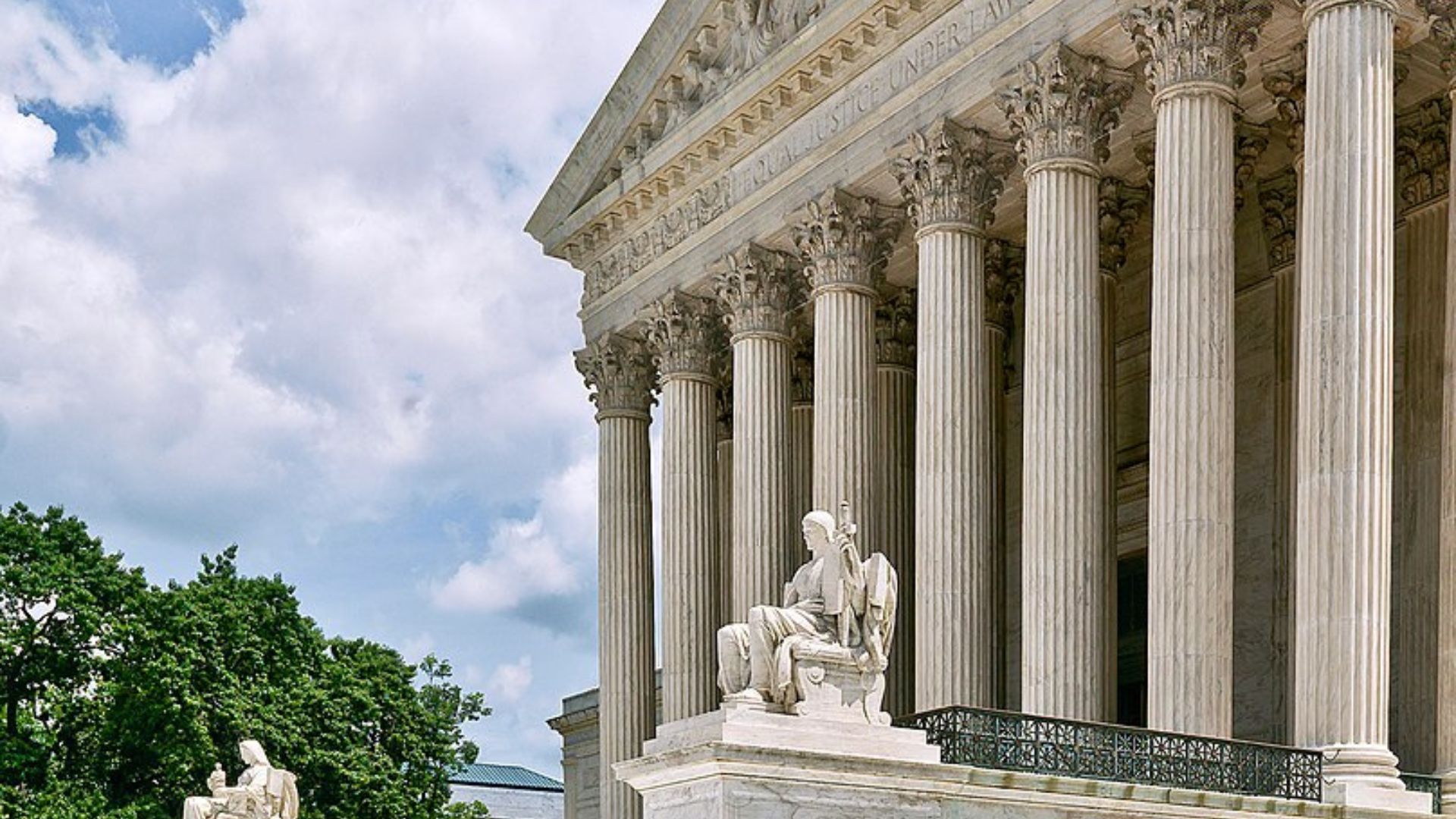
The increasing willingness of judges to discuss their concerns publicly could indicate a broader issue within the judiciary regarding the Supreme Court’s current direction.
This growing dissent among lower court judges reflects a critical view of the Supreme Court’s recent practices and decisions.
